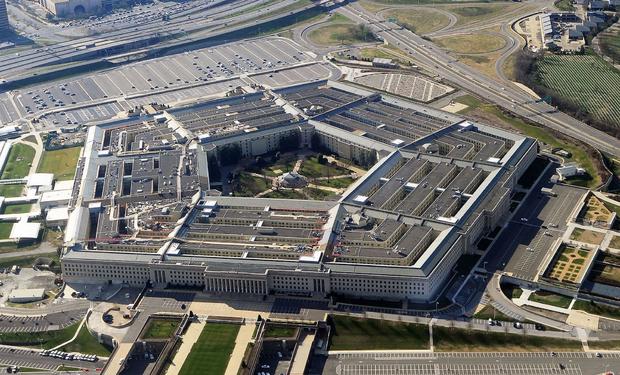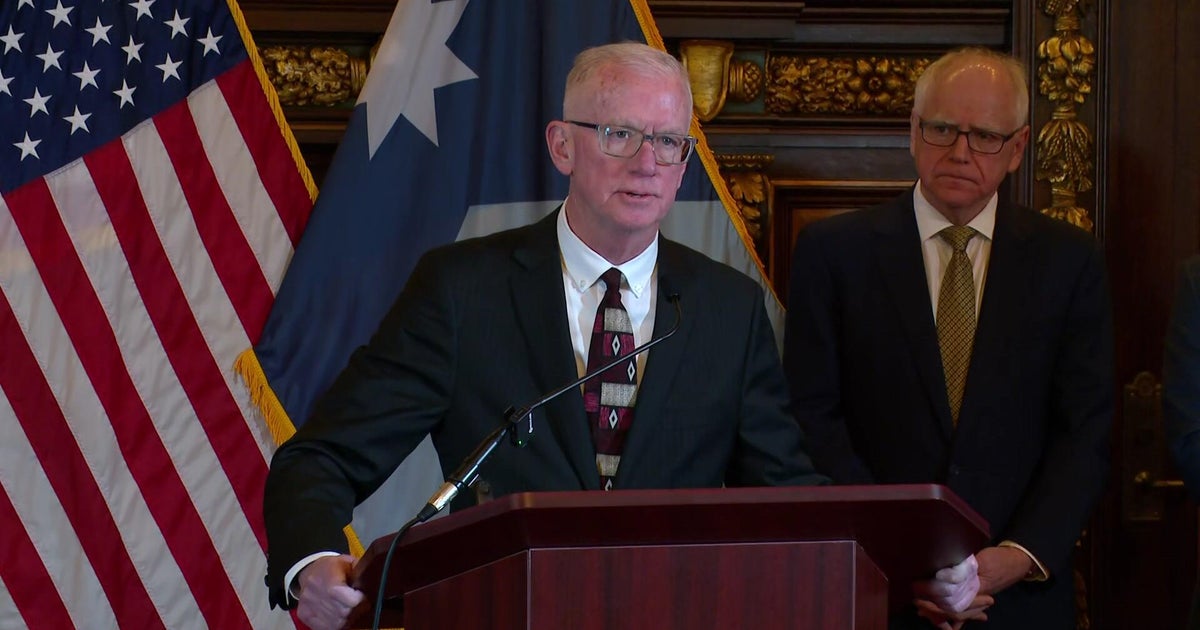Pentagon steps up efforts to prevent civilian casualties in airstrikes
Defense Secretary Lloyd Austin issued a memo Thursday directing the Defense Department to step up its efforts to prevent civilian casualties in U.S. military airstrikes. The initiative comes on the heels of a RAND Corporation report that found that the Defense Department's processes lead to systemic undercounting of civilian casualties in some cases.
In the memo, Austin directed Pentagon policymakers to map out in the next 90 days an implementation plan on how to reduce harm to civilians in airstrikes going forward.
"The protection of innocent civilians in the conduct of our operations remain vital to the ultimate success of our operations and as a significant strategic and moral imperative," Austin wrote.
The memo comes after the Defense Department admitted that an airstrike in Kabul, Afghanistan, in August that targeted an ISIS-K terrorist actually killed 10 civilians, including 7 children. The mistake came to light in large part because of reporting from The New York Times.
The plan due to Austin in 90 days is meant to implement the recommendations from studies sponsored by the Pentagon, evaluations from the Defense Department's Inspector General, and independent reviews Austin has directed into strikes, like the investigation of the Kabul strike.
One of the studies commissioned by the Pentagon as required by the 2020 National Defense Authorization Act is RAND's assessment of the Defense Department's civilian casualty policies and procedures. RAND published the study Thursday but gave it to the Pentagon last February.
According to figures in its report, RAND found that external sources estimate airstrikes in Syria killed between 490 and 1,118 civilians, but the Defense Department counted only 21 deaths.
The difference is due in part to how investigations are conducted. The study found that investigations into civilian casualties are often treated as one-offs. The data is not centralized or analyzed to find trends which prevents commanders from generating a set of best practices.
One of RAND's recommendations is to build a civilian protection center of excellence to conduct research as well as provide education and training. One of the immediate steps Austin listed in his memo is the creation of one of these centers to institutionalize tools for preventing harm.
The RAND study also found that U.S. Indo-Pacific Command and U.S. European Command are insufficiently prepared for assessing reports of civilian harm in potential future conflicts.
Michael McNerny, one of the lead researchers of RAND's report, told reporters Thursday that the Pentagon would have to approach potential conflicts with China, North Korea or Russia differently.
"The fact that some of that fighting would take place in urban environments with much more powerful munitions being used on both sides, it just means the risk of civilian casualties is much higher," McNerny said. "The lessons you need to learn look different from the lessons they may have been learning in counterterrorism missions."




